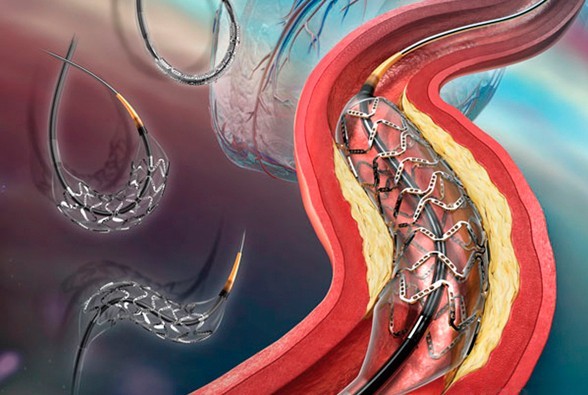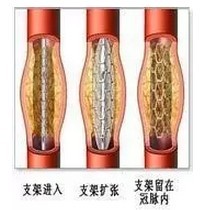Three minutes to understand biodegradable stents: people no longer "blocking"
Academician Ge Junbo took the lead in successfully completing the implantation of the first fully degradable polylactic acid stent developed by the Chinese people. This makes the coronary stent not to be in the body for a lifetime, so that the degradable stent is beneficial to patients with coronary heart disease. Traditional bracket Stent implantation is a common clinical treatment for coronary heart disease, but the third-generation metal drug-eluting stent (the stent is soaked with drugs) is still commonly used in China. This stent has many side effects. Once implanted, the metal stent is accompanied by the patient's body for life. In addition, due to the rejection of the body's foreign metals, it is easy to cause blood clots and endanger the lives of patients, so it is also called "untimed bombs." Degradable stent Scientific research has found that coronary stents do not need to be in the body for a lifetime, but have a "service" cycle. After 6 months of interventional coronary artery, the stent has completed its mission and can “return†to restore the blood vessel to its original appearance. Recently, Academician Ge Junbo took the lead in successfully completing the implantation of the first fully degradable polylactic acid stent (XinsorbTM) independently developed by the Chinese. The stent was constructed from a polymer polylactic acid material to construct a rapamycin drug release platform and implanted into the body. It is completely degraded and absorbed within 2-3 years, which is different from traditional metal drug stents. This indicates that China's stent research and development level has stood at the forefront of the international, and also represents the "fourth revolution" of cardiovascular intervention in the treatment of coronary heart disease in China. A new generation of fully degradable stents will enter the clinic and will benefit more patients with coronary heart disease. The new fourth-generation degradable stent has degradable properties. It takes a short time after implantation and does not affect the function of the blood vessels. The incidence of thrombosis in the stent is extremely low. The probability of restenosis is extremely low, and it does not affect the coronary artery in the later stage. Bypass surgery. Collagen is the most abundant protein in mammals, accounting for 25% to 30% of the total protein. It is widely present in all tissues from the body surface of lower vertebrates to mammalian bodies. Collagen monomers are long cylindrical proteins with a length of about 280 nm and a diameter of 1.4–1.5 nm. It consists of 3 polypeptide chains that are supercoiled around each other. Collagen,Collagen Peptides,Collagen costco,Collagen Peptide Products YT(Xi'an) Biochem Co., Ltd. , https://www.ytnutra.com
